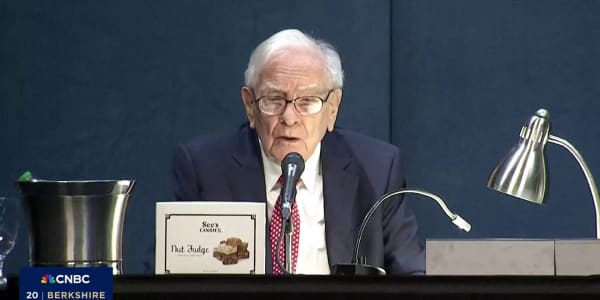So-called "patent trolls" may not be top of mind for the public, but they're certainly on the mind of technology innovators. Nine out of the top ten global internet companies — including Amazon, Facebook, Alibaba and Google — and hundreds of other companies (including mine) have joined forces against them.
These trolls – also known as patent assertion entities — acquire patents for the sole purpose of suing other companies for money. They cost companies $80 billion in lost wealth every year, and are responsible for over 85 percent of U.S. high-tech patent litigation.
Anyone can be a target of patent aggression, regardless of whether they own patents. In a business, the owners might use software that relies on technology a patent aggressor wants to target in a lawsuit. These lawsuits don't even need to make sense. When they target smaller companies, patent aggressors benefit because many of these targets don't have in-house counsel or the estimated $3.2 million required to defend themselves, so they pay the aggressors to go away.
Many of the world's top companies — who have spent billions on research and development, and hundreds of millions creating their patent portfolios — have taken a stand. Companies like Microsoft, Red Hat, Tesla, eBay, and Tencent have joined forces with competitors and partners alike to address this issue.
Bigger than a legal issue
This doesn't just matter to lawyers. Engineering teams, developers, and inventors care too: companies that fight patent aggression are finding they're more attractive to talent, particularly software engineers.
Many software developers are instinctively opposed to patents: software engineers generally dislike patents, and believe in the open source community and collaboration unhindered by patents. Given my company's commitment to open source development, many of our employees feel the same way. Often, companies struggle to convince their engineers to file patents, because the inventors worry the patents could fall into the wrong hands. An engineer whose patent is used in a frivolous patent suit risks harming his or her reputation.
In an increasingly competitive market for talent, employees are selective and choose employers based on a variety of factors, including philosophical alignment. One thing we've found that makes us an attractive employer is our membership in the LOT Network. If their patents fall into the hands of a patent assertion entity, the other members of the community get a free license to those patents. The licensed patents can then no longer be used against any company in the network. Because many of the world's top patent holders are members, the LOT Network protects those in the group from over 1.4 million patents. As more companies join, those protections increase.
Companies that participate in organizations like the LOT (License-on-Transfer) Network can assure their engineers their patents won't be used to harm innovation. Ultimately, that's what it's all about. In a world where competition is stiff and the pressure to innovate is intense, taking a stand against patent aggression and engaging in good corporate citizenship is an investment. It pays returns not just to the bottom line, but to our company's ability to hire and keep the best talent on the market.
—By David Perry, senior patent lawyer at Red Hat, which IBM recently announced its intention to acquire in a $34 billion deal





